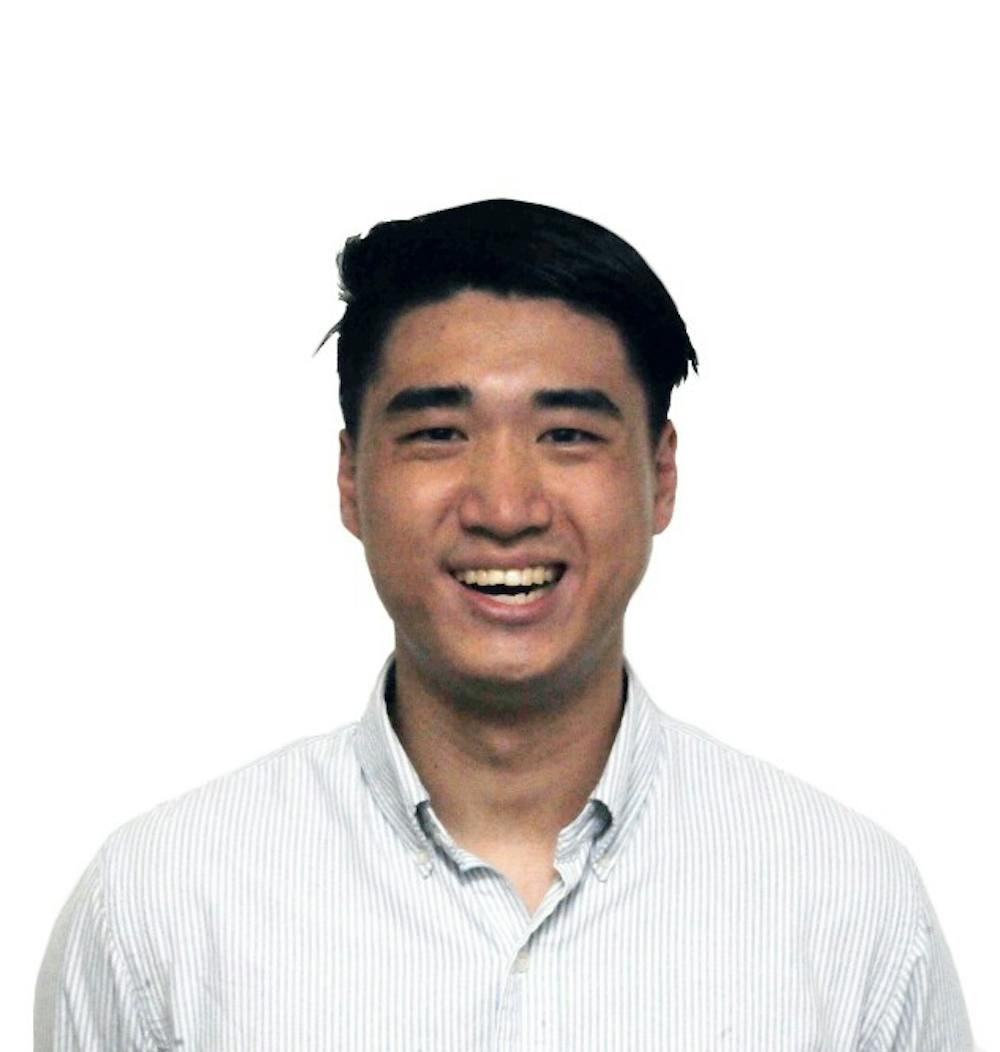To fellow Politics, Philosophy, and Economics majors — have you noticed just how difficult it is to explain the major to non-Penn people? How many times have you received a puzzled look and a “Wait ... so you have 3 majors?” in response? Or applied to jobs and had to select your major from a drop down menu, only to find that PPE is nowhere to be found? In my personal case as a double major involving PPE, it’s practically impossible to fully explain what it is that I study exactly.
Sometimes, when I feel the need to clarify that I do not, in fact, major in all three fields (because, let’s face it — that’s a lot more impressive than what I actually do) I like to tell people that I study the systems that have formed out of man’s three desires in life. In the case of economics and politics, I think the idea is clear. We want money (a means to security, freedom and convenience) and power over others (either as a means to money or for more control in our individual and collective lives).
However, I would contend that the third pursuit that we as human beings are naturally inclined towards is that of wisdom. This can be viewed as the ability to use the aforementioned means as well as our knowledge and background to achieve a greater understanding of the world and our place in it. This kind of understanding is usually achieved through empathy and diversity of life experiences and provides the basis for our judgement and intuition.
One characteristic of modern life is the sheer amount of information that we encounter on a daily basis. We each hold access to virtually all the information in the world in our pockets and live in a society in which it is easier than ever to express ourselves. Have you noticed just how exhausting it is to go through a Facebook feed recently? It is an endless stream of memes, video clips, sound bites and clickbait articles. Recently, Mr. Trump’s accession to the presidency has amplified more political opinions than ever before.
Often, users on social media tend to portray complicated social and political issues as simple and obvious, at times employing sarcasm or satire to disparage those who disagree. However, now more than ever, it seems prudent to exercise a certain level of skepticism about opinions regardless of whether they align with ours or not. Confirmation bias is always a tricky beast, but perhaps even more dangerous is the notion that truth can be attained so easily.
We need to maintain discipline, rigor and logic in our thinking to understand why we support or oppose certain things. Take no premise or assumption for granted, and doubt even your own intuition when it seems arbitrary. When you have an immediate reaction to something, consider why and try to understand that reaction more precisely.
Without this kind of nuance in our thinking, we leave ourselves prone to oversimplification and fitting information into pre-existing narratives. By giving up our ability to think critically, we lose a sense of personal agency that is a crucial part of being an individual.
For this reason, regardless of political affiliation or opinion of Trump as president, everyone ought to find his preferred means of communication via Twitter extremely concerning. The idea that anything meaningful about national policy or America’s collective identity can be expressed in 140 characters is of course ludicrous. Aside from his policies themselves (some of which are certainly disturbing on their own), I find troubling his seemingly arbitrary means of arriving at them. Trump’s presidency just seems so reactive rather than grounded in anything tangible.
As we continue throughout our academic careers, we should remember that ultimately we are learning not just about our respective fields, but a way of considering and thinking about all that the world presents us. This means that we ought to reject things that tell us that anything is simple or certain until we ourselves think about and consider the issue on our own.
Our pursuit of wisdom is a difficult but necessary one. One would do well to remember that wisdom without knowledge is useless, but that knowledge without wisdom is dangerous. The quest must go on, and how we get to our final destination will be as important as where we end up.
JAMES LEE is a College junior from Seoul, South Korea, studying English and Politics, Philosophy, and Economics. His email address is jel@sas.upenn.edu. “The Conversation” usually appears every other Monday.
The Daily Pennsylvanian is an independent, student-run newspaper. Please consider making a donation to support the coverage that shapes the University. Your generosity ensures a future of strong journalism at Penn.
Donate








